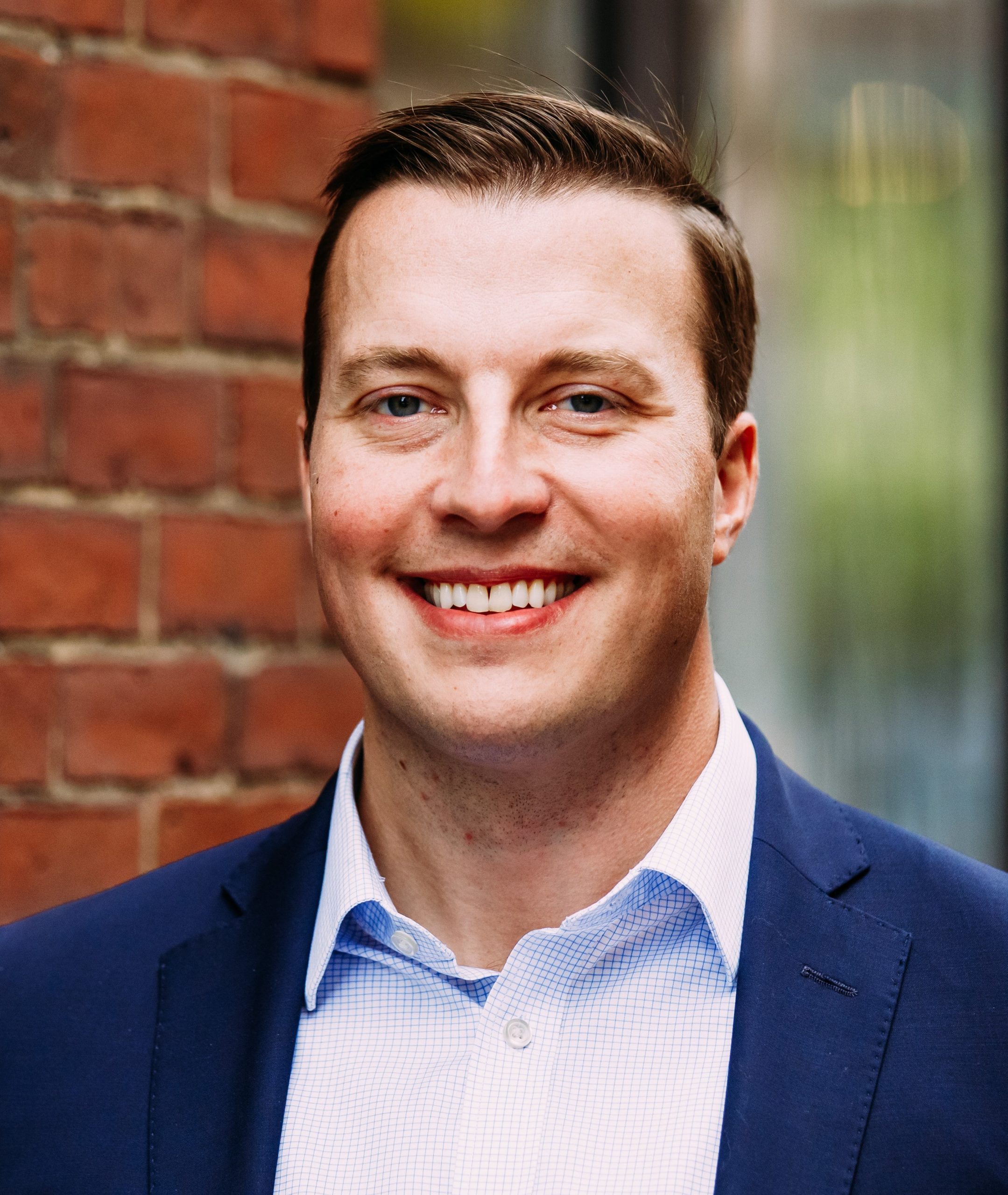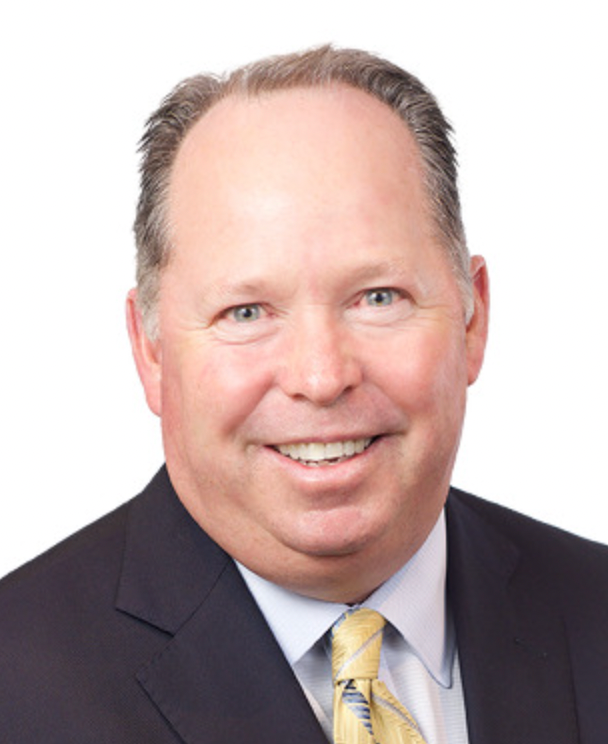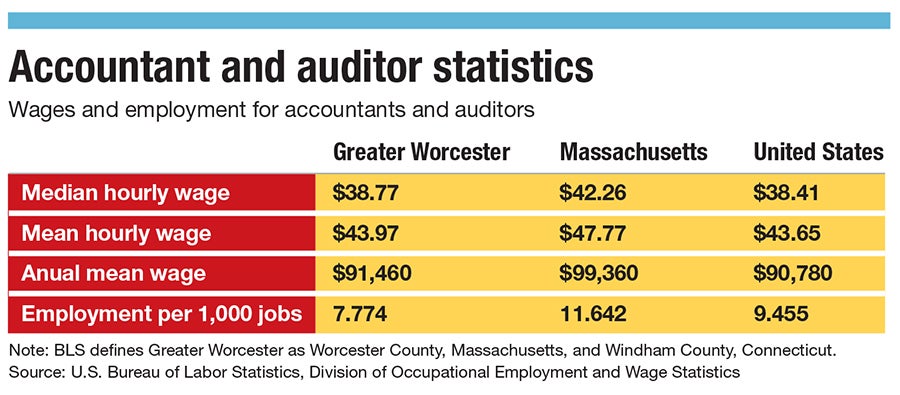More than four decades after opening their Worcester accounting firm S&G LLP in 1980, Carl Goldstein and Terry Shepherd knew it was time for a change.
Get Instant Access to This Article
Subscribe to Worcester Business Journal and get immediate access to all of our subscriber-only content and much more.
- Critical Central Massachusetts business news updated daily.
- Immediate access to all subscriber-only content on our website.
- Bi-weekly print or digital editions of our award-winning publication.
- Special bonus issues like the WBJ Book of Lists.
- Exclusive ticket prize draws for our in-person events.
Click here to purchase a paywall bypass link for this article.
More than four decades after opening their Worcester accounting firm S&G LLP in 1980, Carl Goldstein and Terry Shepherd knew it was time for a change.
By 2024, S&G had roughly 2,500 clients in the U.S. and around the globe, a number of which had revenues in the billions. The firm had grown to be the third largest in Central Massachusetts when ranked by local staff by WBJ’s Research Department, with 39 total staff and 15 certified public accountants.
But as S&G’s client base expanded, Goldstein and Shepherd recognized their business’ need to join a firm with the services and resources to support their growth. On the hunt for an acquirer, S&G was in talks with 10 of the county’s largest accounting firms, shopping around for about five weeks before first meeting with New York-based Citrin Cooperman, the second fastest-growing accounting firm in the nation, according to INSIDE Public Accounting, with a client base of more than 25,000.
In a matter of six weeks, S&G went from its initial conversation with Citrin to signing an acquisition deal.
“We felt that we needed the depth of an organization like Citrin to be able to properly service our clients. Citrin offers such greater opportunities for us to do that,” said Goldstein.
Strategic moves
Bringing outsourced services in-house was a main catalyst behind S&G’s acquisition. Prior to joining Citrin, the firm had to utilize third-parties to provide services such as cost segregation and research and development tax work.
“Normally, we would have reached out to a tax attorney, but now we don't have to because we can just use our own resources to service the client's needs,” said Goldstein.

Like S&G, many firms look to be acquired when there is more business than the resources they have internally, said Zach Donah, president and CEO of the Massachusetts Society of CPAs.
“[If] you're offering traditional accounting services, some of these larger firm arrangements allow for a broader spectrum of services. It's sort of more of a one-stop shop for clients,” said Donah. “So instead of coming in and getting your tax and auditing done or maybe a little advisory, now you have really robust offerings for your clients and so there's an additional value that's being added.”
The number of acquisitions has been ticking upward in 2024, Donah said, many with the driving force being a lack of access to capital for technological improvements. Emerging products used to offset the more mundane tasks of accounting allow CPAs to focus more on value-added services, though utilizing these technologies takes time not always available to firms on a smaller scale.
Another common reason firms look to sell is due to an overall talent shortage in the accounting field. Though many industries are experiencing compressed workforces, the accounting space has a combination of barriers to entry making it difficult to enter the field, said Donah, including lower entry-level compensation compared to other professions and the costly and onerous pathway to licensure.
For example, to be eligible for the CPA exam, candidates must complete 150 credit hours of college education, 30 credit hours more than the standard bachelor’s degree. This requirement, enacted in 1988 by the American Institute of Certified Public Accountants, has resulted in fewer CPAs entering the accounting profession, especially for individuals of color.

In fact, a study titled “Occupational Licensing and Minority Participation in Professional Labor Markets” published in January by the Journal of Accounting Research found a 26% decline in entry for Black and Hispanic CPAs and a 14% decline for nonminority CPAs since the 150-credit hour enactment.
On the buyer’s side of an acquisition, Donah said firms are motivated by the opportunity to increase their market share, a goal shared by Citrin.
Citrin’s acquisition of S&G comes as the firm is in the process of expanding its service footprint throughout New England.
“We're really excited about the Worcester market,” said Ken Kirkland, president of non-attest core services at Citrin Cooperman Advisors. “There's going to be some great growth there, and we want to be a part of that growth when it comes; so being able to get a platform and have an office like S&G to join us, it's just helping us accelerate our strategy.”

Moral overhead
Though client and systemic needs were the driving forces behind S&G’s hunt for acquisition, the firm prioritized workplace culture when screening for potential acquirers.
“The way we approached family-first with our team, that was critical in terms of making sure that what we do for our team is what Citrin was doing, which they are. The work ethic, clients are important and that was something that was valuable to us. An integrity behind the work that they were doing was important to us. They checked all the boxes for sure,” said Goldstein.
Like S&G, a culture fit is a first and foremost priority for Citrin when looking to acquire, said Kirkland. In fact, if workplace morals aren’t lining up during initial acquisition talks, most times Citrin doesn’t even look at the economics before turning away. Kirkland sat in on original conversations with S&G when the firms were diving into talks about who they are and how they operate to see if they should continue forward in the process.
This ethos fit meant the firm Citrin joined had to be okay with letting employees go to their children’s school plays in the middle of the afternoon. It meant it had to be okay if they came in late because they were dealing with a sick family member or were on bereavement leave. S&G needed to find an acquirer who would be there for employees just as its founding partners were, and Citrin fit the bill, Goldstein said.
“In my world, everyone's the same. There's no hierarchy. It was important that that was instilled in the organization that we joined, and it was,” said Goldstein.
Mica Kanner-Mascolo is a staff writer at Worcester Business Journal, who primarily covers the healthcare and diversity, equity, and inclusion industries.
